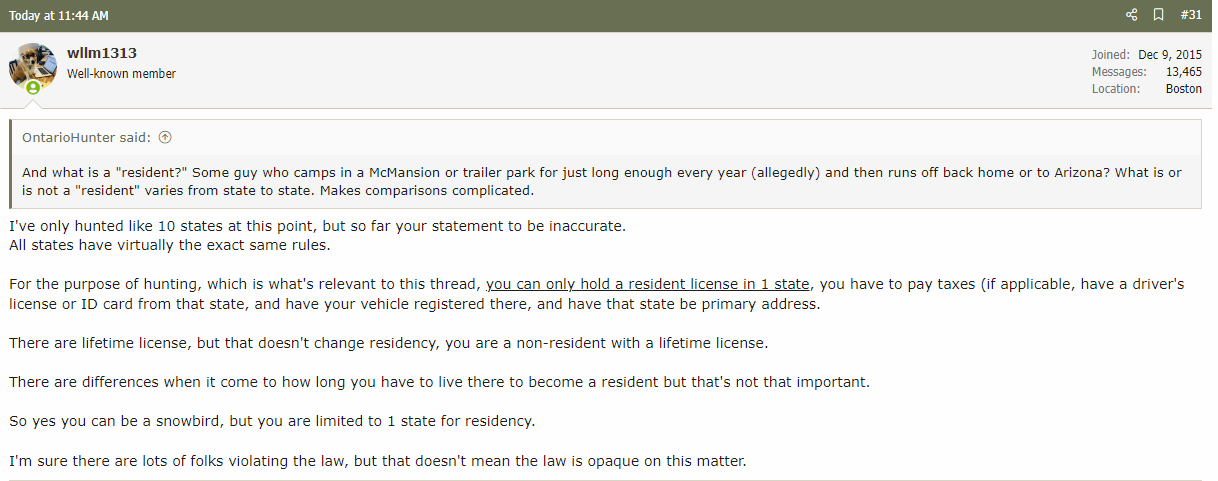OntarioHunter
Well-known member
- Joined
- Sep 11, 2020
- Messages
- 5,998
Making any valid comparisons is pretty much hopeless. The geography, climate, resource base, and demographics vary radically between jurisdictions. Just making a comparison of tag allotments paints a very distorted picture.





